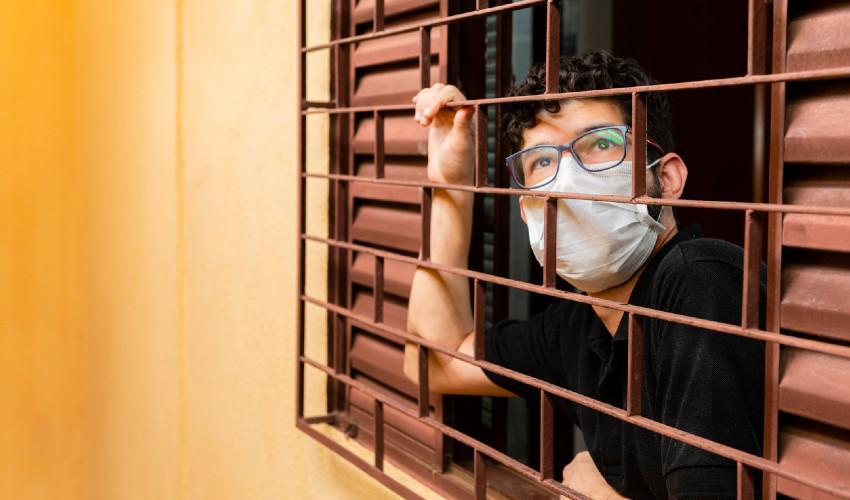
The Pandemic Experience, Rules and Inequality
HALFWAY BETWEEN PERSONAL ACCOUNT AND LEGAL REFLECTION, AN ARTICLE BY LORENZO GASBARRI DESCRIBES THE COVID EXPERIENCE BETWEEN ITALY AND GUATEMALALegal background and first-hand experience come together in the article written by Lorenzo Gasbarri, entitled The Thin Line Between Farce and Tragedy: My Covid Story Between Italy and Guatemala. The intention is to review, one after the other, all the phases of the pandemic and, above all, to observe from within how other countries in the world have experienced and managed the pandemic, often starting from a disadvantaged position. Guatemala, for example, where the research fellow and contract professor of public international law at Bocconi University spent several months, alternating with periods in Italy. The result was a report that is part of a symposium by the International Journal of Constitutional Law, which called for papers to bring together writings not only from a legal but also a personal standpoint, with particular attention to the relationship between pandemic and inequality. From his experience in the Central American country, Gasbarri first of all captures how "the narratives, which saw the pandemic as the first global event capable of bringing together all the peoples of the world, now seem highly improbable".
Lockdowns, disruptions of school calendars, street protests and even prison riots have been common consequences for Italy and Guatemala, without forgetting that the strategies of the respective governments were not always apparently consistent. But all these issues emerged for different reasons, and in the Central American case, especially exasperating conditions of pre-existing social hardship. "If anything, in order to proactively look to the future and to contrast possible new health crises, legal issues that have remained open in international law must be addressed", Gasbarri adds. "I’m thinking about the need to have updated and enhanced international health regulations with greater obligations and sanctions for individual states, encouraging them to promptly declare the emergence of new viruses." Furthermore, in the opinion of the adjunct professor of public international law, the effectiveness of the idea of completing and strengthening health regulations by means of a Treaty on Pandemics, negotiated by WHO, must be studied. "Overall, it is a question of finding a difficult balance in the adoption of anti-contagion measures," concludes Gasbarri. "In fact, every time a state adopts stricter measures than those recommended by the World Health Organization, consequences are felt at global level, affecting trade among other things, which can be very taxing for weaker countries". Thus, the end result is a further exacerbation of already existing inequalities.
by Camillo Papini
